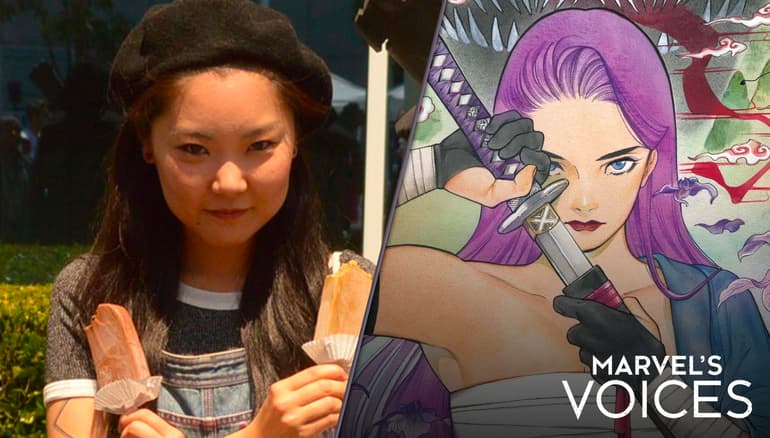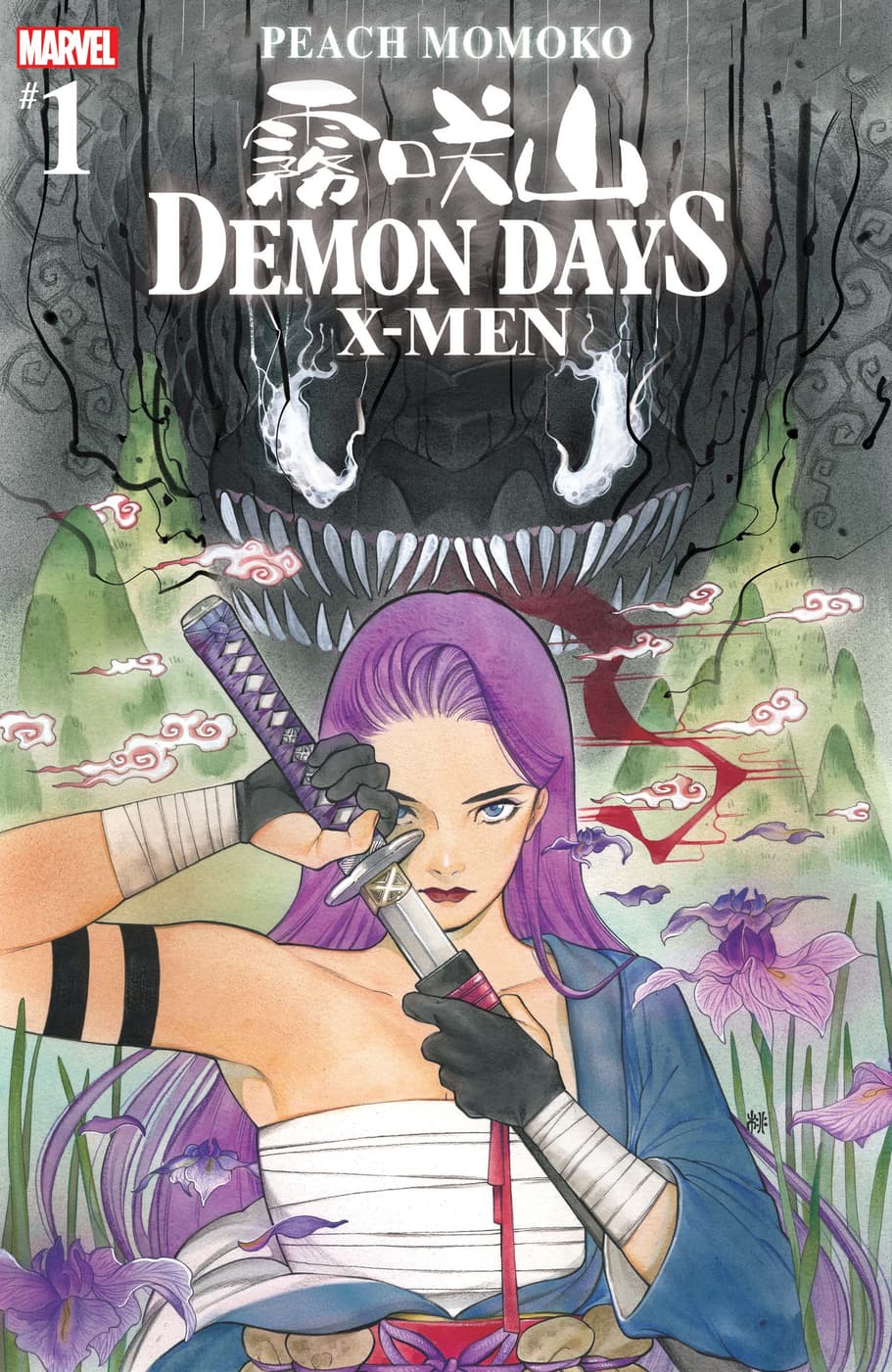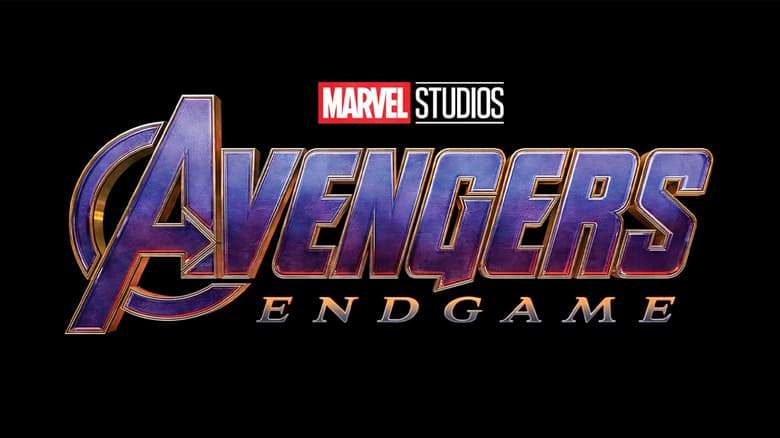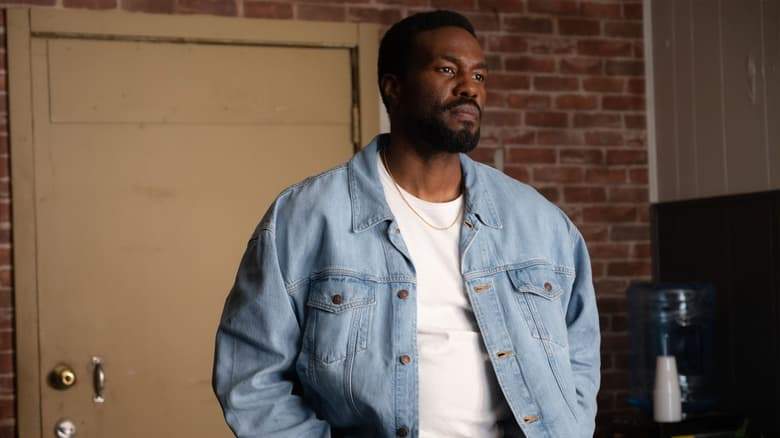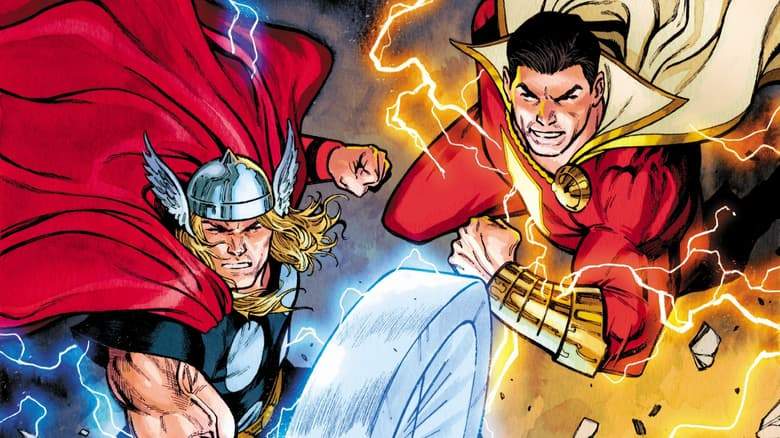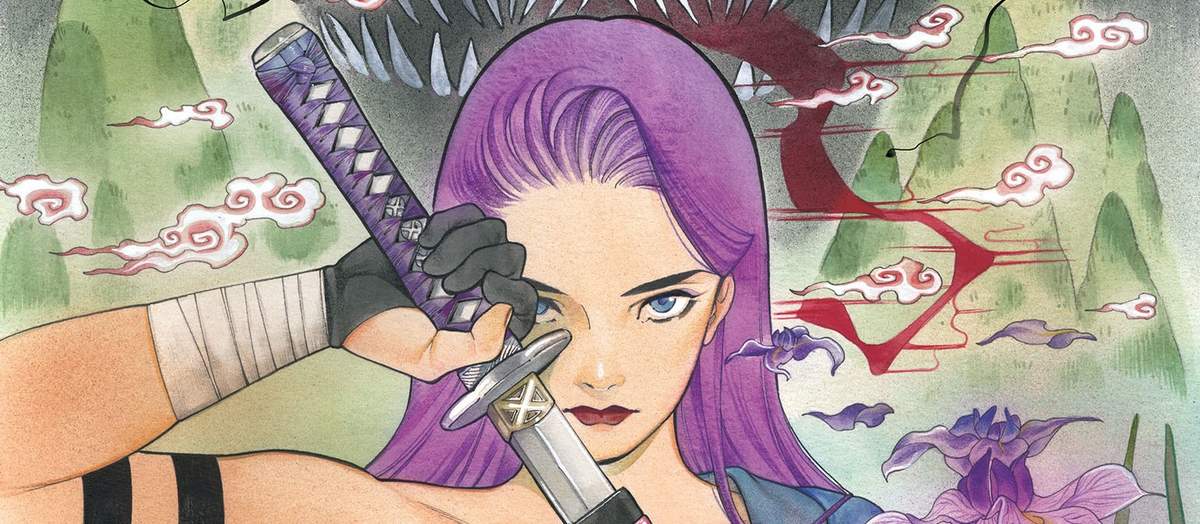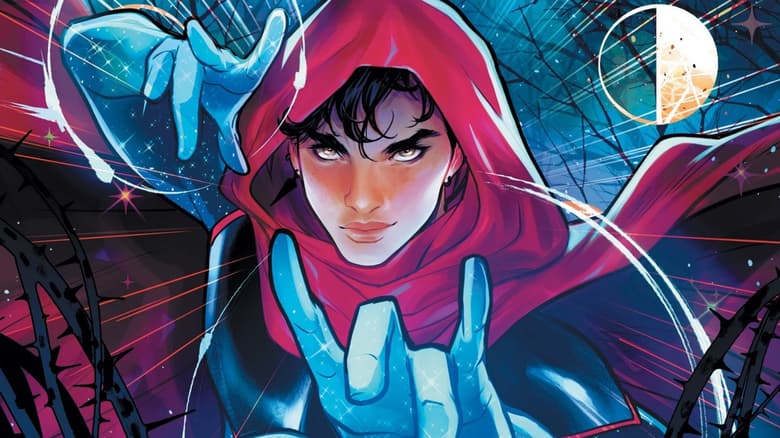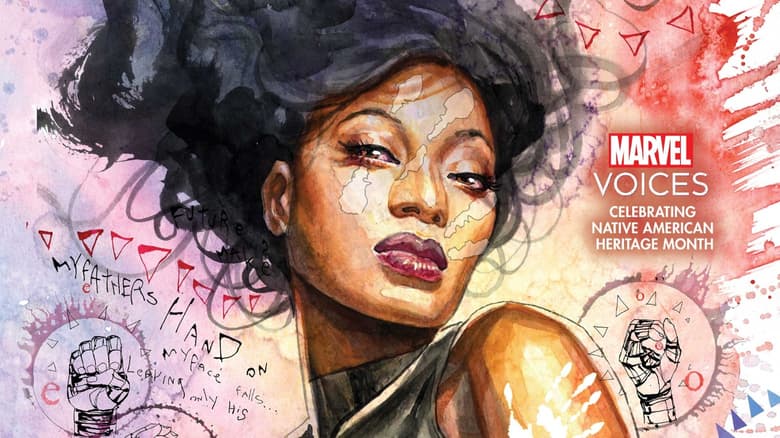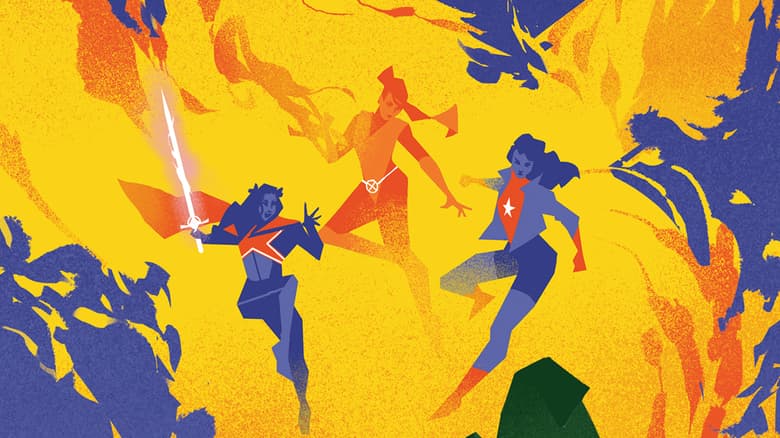'Marvel's Voices': How Peach Momoko Unlocks New Worlds for Marvel Readers
Eisner Award-winning artist Peach Momoko joins Marvel's Voices in her first podcast interview to discuss manga, Studio Ghibli and Japanese folktales which helped to inspire the Momokoverse!
Working at Marvel, first as a library intern, then eventually as associate editor for Marvel.com, I often heard these lines:
Welcome to the Marvel Universe—your universe.
The window to your world...
I had always felt instinctively that this was true. In the infinite multiverse of Marvel Comics, everyone found (to borrow a K-pop term) their “bias”—their favorite character, whether Super Hero, Super Villain, or anti-hero. When meeting new coworkers, we always asked each other for our “Marvel origin stories”—how you first got into the Marvel Universe. Mine was X-23, a character I discovered while reading comics at my local library. I loved her seriousness and sincerity, how fiercely she fought for things she believed in.
Everyone found a version of themselves, a Marvel character that resonated with them.
I was born in the U.S. in New Jersey (hey Kamala!) and grew up in New York City (I could’ve passed the Sanctum Santorum a million times), so drop a Marvel reference about the tri-state area and you’ve got me smiling. In this way, the Marvel Universe reflected the world I saw outside—a bit noisy and chaotic, full of complex characters and witty punchlines in random situations (just take one ride on an MTA subway).
But despite going to English-speaking schools, at home, my family spoke Japanese. Before I read comics, I read manga. There was the world I knew outside, but as someone who’s pretty introverted, my world inside mattered too. Being a first-generation Japanese American, I learned to navigate both—I worked hard to grasp both languages, to try to express myself in both American and Japanese cultural situations. After living in New York, I went to Japan for 10 years and came back. I felt at home in both countries.
So one day at work when I first saw Marvel's 2020 line-up of Stormbreakers artists, one name caught my eye: Peach Momoko. The name, combining both English and Japanese, slid into view and I puzzled over the double meaning. Peach + Peach. Who was this person who spoke both languages—my languages?
The next thing I knew, I was staring at my own world. Until it happened, I didn’t realize how close that window could get.
Wanting to know more about Peach Momoko, I picked up the first issue of DEMON DAYS and read these lines:
Welcome to a world filled with demons and spirits, monsters and magic.
This is the Marvel Universe like you’ve never seen it before. This is...
DEMON DAYS: X-MEN
Not only were there Japanese characters above the comic title (reading “Kirisaki Mountain”), but that opening was absolutely haunting. As I read and read, something felt very familiar about the art, the text, the lines and watercolors swirling, even the sound effects and settings. Although I was reading it for the first time, on some level, I felt at home in Peach Momoko’s illustrated landscape. It was Japan, but it was also Marvel—one by one, familiar figures appeared in the panels, and I found myself stunned by their transformations. Psylocke as a wandering traveler in a Japanese mountainside. Venom as an orochi snake, a mythological creature. A red, hulking oni demon crying out a very familiar “Smash!”
DEMON DAYS the series was thrilling. It was my entryway into the Momokoverse.
When I was offered the chance to interview Peach Momoko for Marvel’s Voices, I had a pure fan moment—I geeked out. Peach Momoko, who I watched on the livestream for How To Draw? The artist who often drew my favorite character, X-23, on her Instagram page? The Eisner Award-winning artist for Best Cover Artist??? I was nervous, excited, took a deep breath, and said yes. It was to be Peach Momoko’s first time saying yes to a podcast too. How could I refuse?
What followed was one of my favorite moments working at Marvel. I asked my questions in English, then repeated them in Japanese. Peach responded in Japanese, and her husband Yo Mutsu translated each statement beautifully back to English. I flip-flopped between languages. When we laughed, we didn’t have to wait for the translations—it punctuated our thoughts naturally. By the end, I felt transformed. I was a bilingual geek having the best time ever.
As Peach recalled living in America (Oregon) for several years and finding solace in drawing images of Japan, I felt wistfully that I could relate. Living abroad meant dealing with homesickness. In Peach’s case, that led to an outpouring of beautiful imagery.
As she mentioned influences like manga, Studio Ghibli, Nippon no Mukashi Banashi (an old animated TV show about Japanese folktales), I nodded and nodded. I had grown up with the same media. It may be why so much of Peach’s work felt like an extension of the familiar stories I knew.
I was also surprised by her response to one of my questions about bishojo, the beautiful girl imagery. Rather than seeing it as a trope in Japanese culture, Peach Momoko used it to view young Japanese women as complex individuals, their inner thoughts brimming underneath their rather hard-to-read expressions. How do you draw someone’s inner turmoil? It was a nod to the invisible but very present sense of self. The way you can’t underestimate someone because they may not be as noisy and chaotic as others. Psylocke, X-23, Mariko Yashida...one would do well to look past their initial quiet appearance.
As we finished our recording, Peach commented, “Thank you. I’ve always wanted to do this. It’s very meaningful to have the chance to say things in my own words. So thank you.”
Really, it was I who wanted to thank her. For showing how art can overcome language barriers. For connecting with fans around the world and engaging with them frequently. For not only expanding the Marvel Universe with style and grace, but also for bringing the window a little closer to my world too.
Want to start reading Peach Momoko's DEMON DAYS? Check out the reading list below to get started on a journey through the fantastic Momokoverse!
You can read more essays on Celebration of Legacy from Marvel's Voices, available exclusively on Marvel.com!
The Daily Bugle
Can’t-miss news and updates from across the Marvel Universe!
